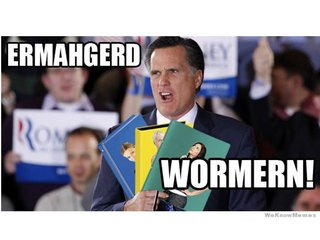
Tired of Bronco Bama and Mitt Romney? Everyone is.
Pew study finds that social media conversations around both candidates are largely negative

Many have complained that this election cycle has been a particularly negative one. But are the ads more negative because the campaigns are being more negative, or are they negative because that’s what people talk about?
A study released Friday by the Pew Center for Excellence in Journalism reveals that the negativity in the coverage of the candidates by the mainstream media pales in comparison to the negativity of the Twitter firehose.
In an analysis of media coverage of the two candidates from August 27 to October 21, Pew researchers determined that overall, 19% of stories on Obama were positive, 51% were mixed, and 30% were negative. For Romney, 15% of stories were positive, 47% were mixed, and 38% were negative.
The scales fluctuate—for example, prior to the first debate, 22% of the Obama stories were positive compared with only 11% of the Romney stories. But after the first debate (which was a great big Obama flop), the coverage switched, and 20% of the Romney stories were favorable compared with only 13% of the Obama stories.
Romney took a big hit in September when a video leaked showing Romney at a private fundraiser telling a room full of wealthy donors that the 47% of Americans who pay no income tax would not vote for him because they see themselves as victims, and that he was not going to worry about convincing them to vote for him(but it’s okay, because he didn’t know he was being filmed). In the week that followed, a full 61% of Romney’s coverage was negative, and just 3% was positive.
Where does that leave social media? Interestingly enough, the social media conversation has been much, much more negative than that of the mainstream media. In fact, in terms of the amount of negative coverage of each candidate, Pew researchers found that each week on Twitter was the equivalent of the most negative week each candidate had in the mainstream media.
Romney has had more of a raw deal on the social media front than Obama, particularly where Twitter is involved (not surprising, since liberals are significantly more active on Twitter than conservatives). In the eight weeks studied, Romney’s positive coverage in the Twitter firehose never rose above 19%. Irony of ironies: Romney saw his most positive treatment on Twitter during the week of the Democratic National Convention.

Neither candidate is really basking in praise on Twitter. For the most part, the conversation is one of relatively equal loathing for both candidates—just slightly more loathing for Romney. Obama’s best week on Twitter saw positive coverage reach a high of 31%. But while Romney’s negative coverage has remained above 60% for the most part, Obama’s negative coverage has remained below 50%.
The tone was similar on Facebook, but since conservative voters tend to be more active on Facebook than Twitter, there’s a slightly more even distribution of negativity. At the start of the research period in August, nearly 70% of the Facebook conversation was negative for both candidates, while positive mentions hovered in the 15-25% range. In recent weeks, however, the conversation has shifted slightly. Now, the Facebook conversation surrounding Obama is approximately 45% negative and 35% positive, while Mitt Romney’s Facebook mentions are approximately 55% negative and 25% positive.

Social media has played a much more front-and-center role in the media coverage of the candidates this election cycle. More tweets are sent every two days now on Twitter than had ever bent sent prior to Election Day 2008. And Facebook’s user base has grown more than ten-fold, from 90 million in January 2008 to more than one billion today.
With the conversation so starkly negative on Twitter and Facebook, is it any wonder people get the general feeling that this election cycle is more negative than previous years? Could it be because the funniest tweets are the snarkiest?
If you’re feeling exhausted by all the election coverage, you can commiserate with this little girl.
Related News

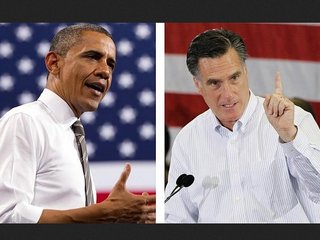
Obama v. Romney on the social media stage: the numbers
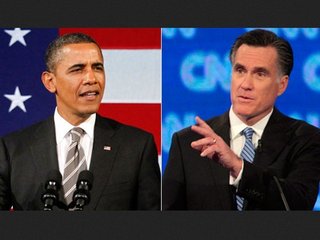
Pew: Romney and Obama using Web to blast each other
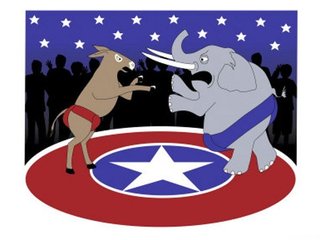
Pew: liberals significantly more active on social media
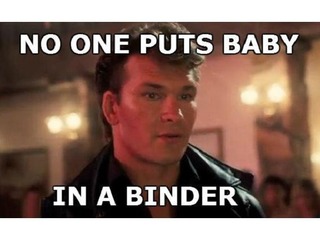
Binders go viral on Twitter after Romney remark

